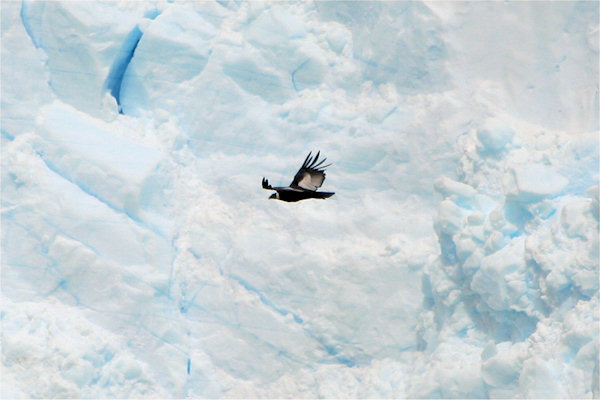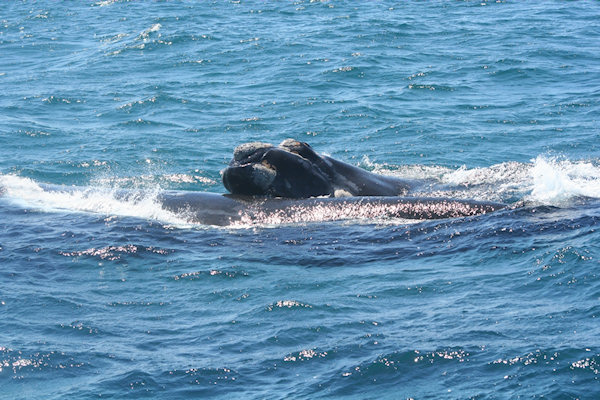Argentina
Special Items
Argentina's Wildlife
Reserva Ecológica Costanera Sur
Bird-watchers will adore the 200-plus bird species that pause to rest here, and a few lucky folks might spot a river turtle or nutria
Parque Nacional do Iguacu
Mammals and other wildlife are not easily seen in this park, because many are either nocturnal
or avoid humans - which is not difficult in the dense undergrowth. This is the case, for instance,
with large cats such as the Puma and Jaguar. The largest mammal is the Tapir,
but the most commonly seen is the Coati.
It is not unusual to see Iguanas, and do watch out for Snakes
Birds deserve special mention. Many birds that you might see in zoo's ore pet shops are found in
the wild here, including Toucans, Parrots, Parakeets and other colorful species.
Parque Nacional Tierra del Fuego
Plenty of birdlife graces the park, especially along the coastal zone. Keep an eye out for
Condors, Albatross, Cormorants, gulls, Oystercatchers, Kelp Geese and the comical Flightless,
Orange-billed Steamer Ducks.
Common invasive beasties include the European Rabbit and the North American Beaver, both
of which are wreaking ecological havoc. Gray and Red Foxes, enjoying the abundance of
rabbits, may also be seen.
Reserva Faunística Península Valdés
Peninsula Valdés is home to Sea Lions, Elephant Seals, Guanacos, Rheas, Magellanic Penguins
and numerous seabirds.
The Peninsula's biggest attraction - literally and figuratively - is the endangered Ballena Franca
Austral (Southern Right Whale). These warmer, more enclosed waters are prime breeding zones
between June and mid-December.
Birds
The avifauna of Argentina includes a total of 1.026 species, of which 20 are endemic, 7 have been
introduced by humans, and 70 are rare or accidental; 45 species are globally threatened.
Mammals
As of February 2011, the list contains 398 mammal species from Argentina, of which 1 is extinct, 6 are critically endangered, 14 are endangered, 19 are vulnerable, and 31 are near-threatened.
Butterflies
I can't find any information about the butterflies of Argentina.
But i did get some picture's


